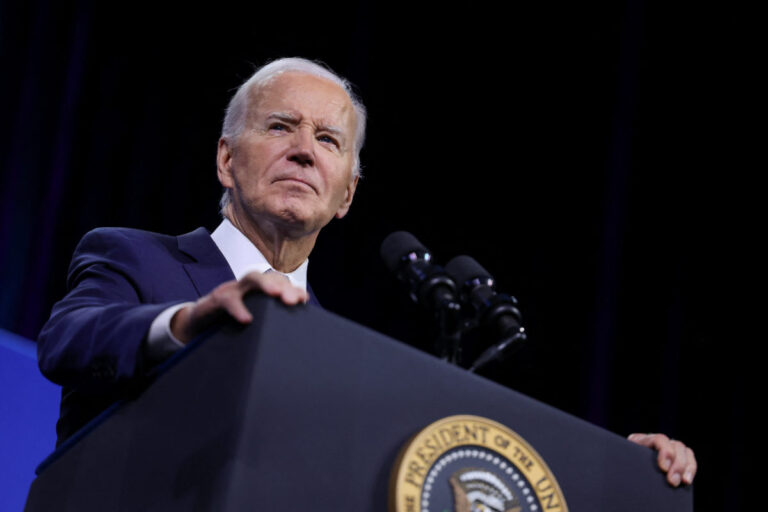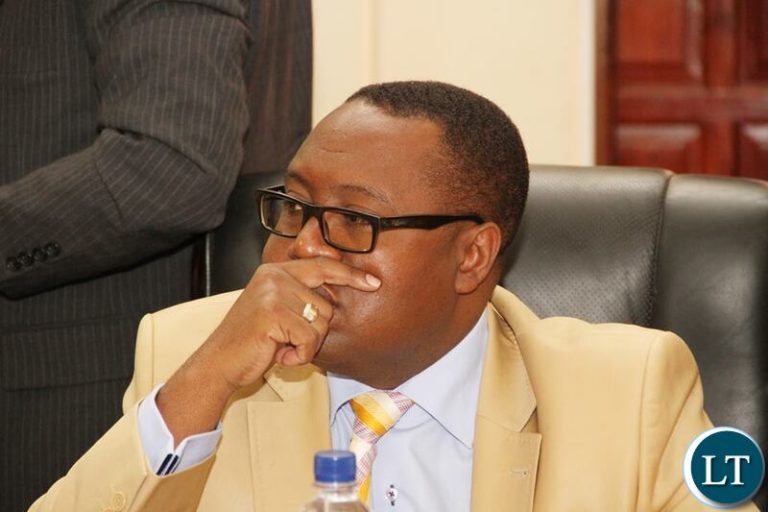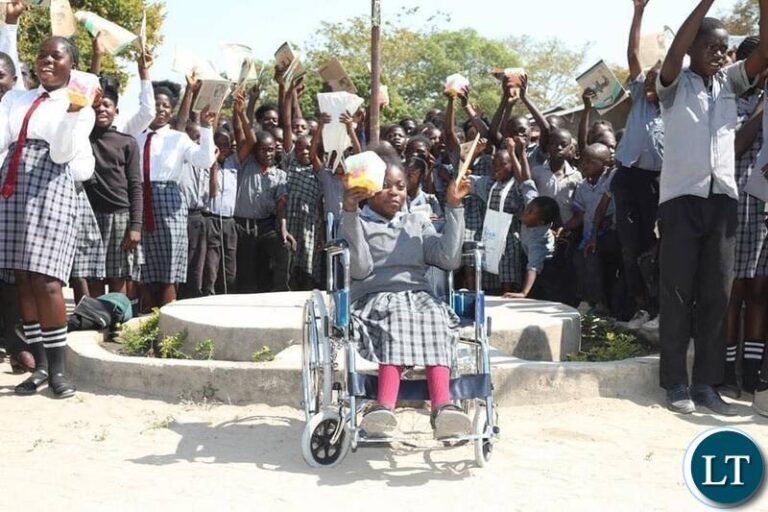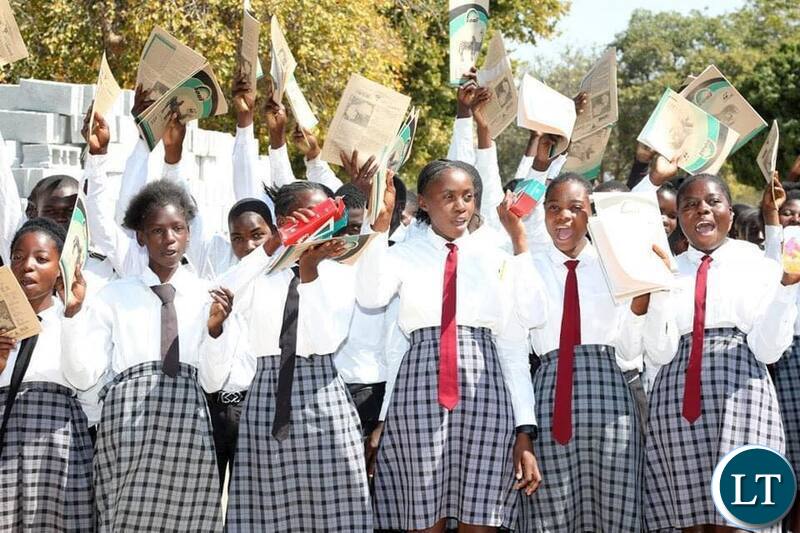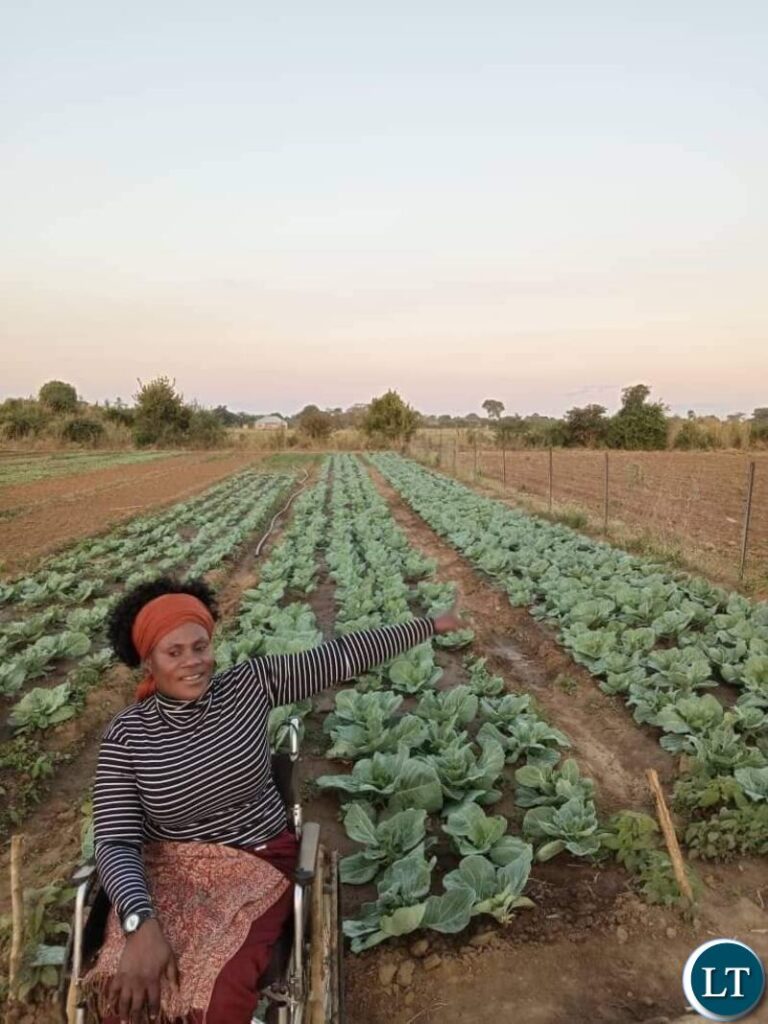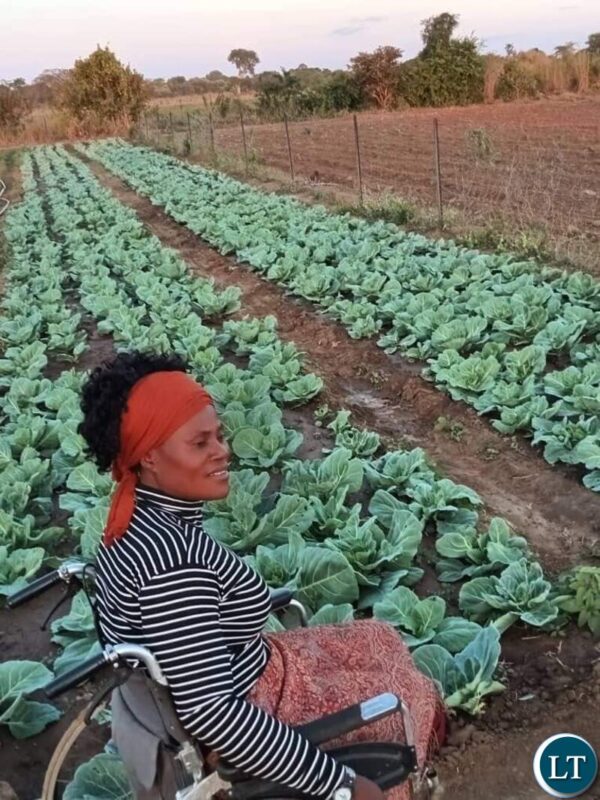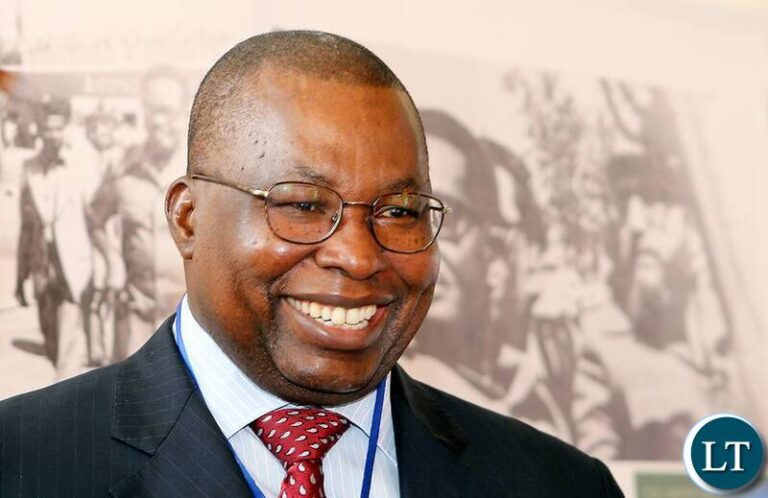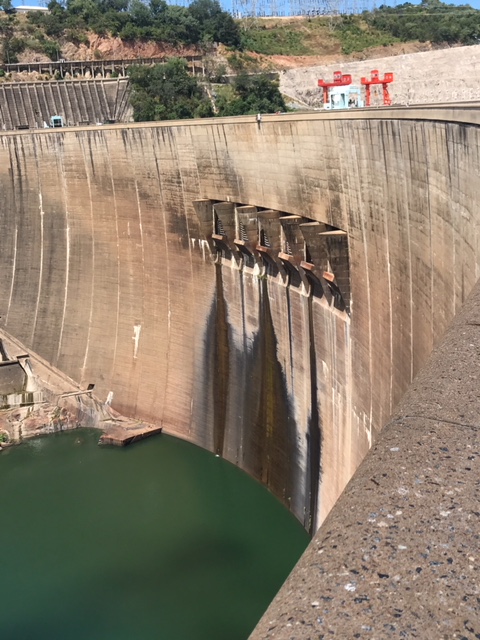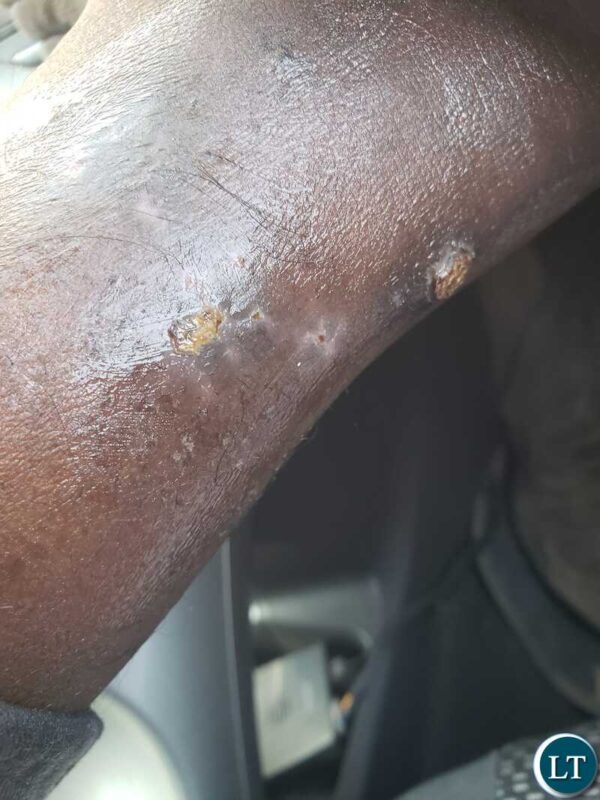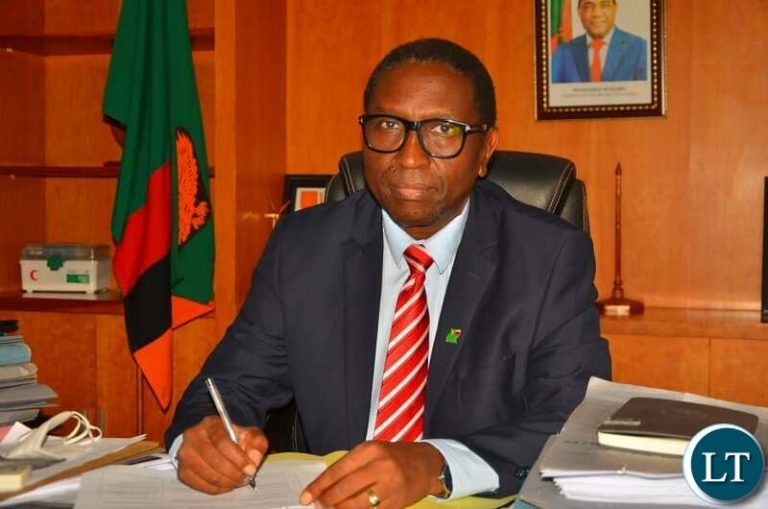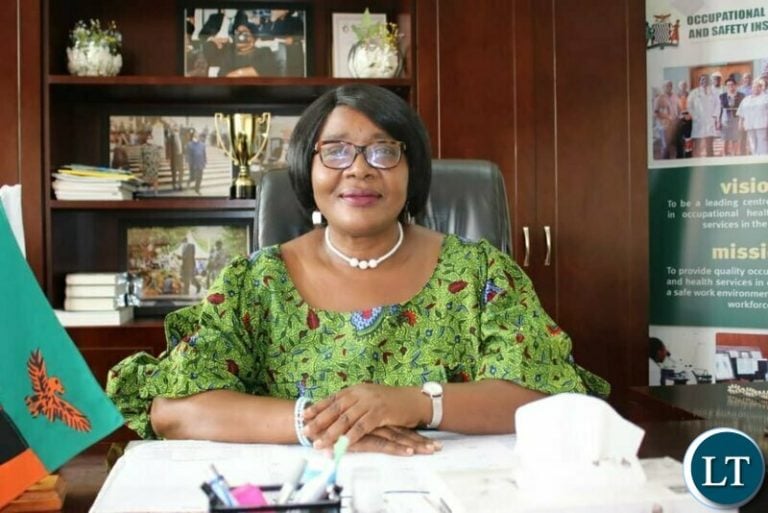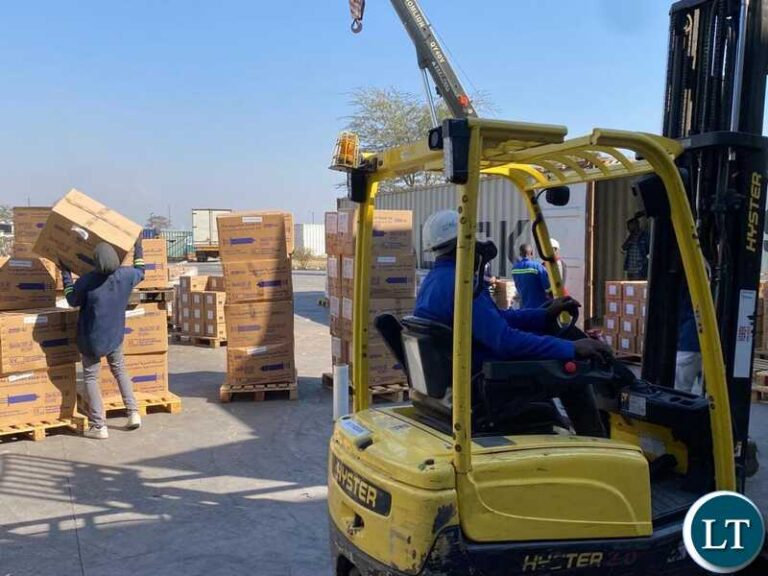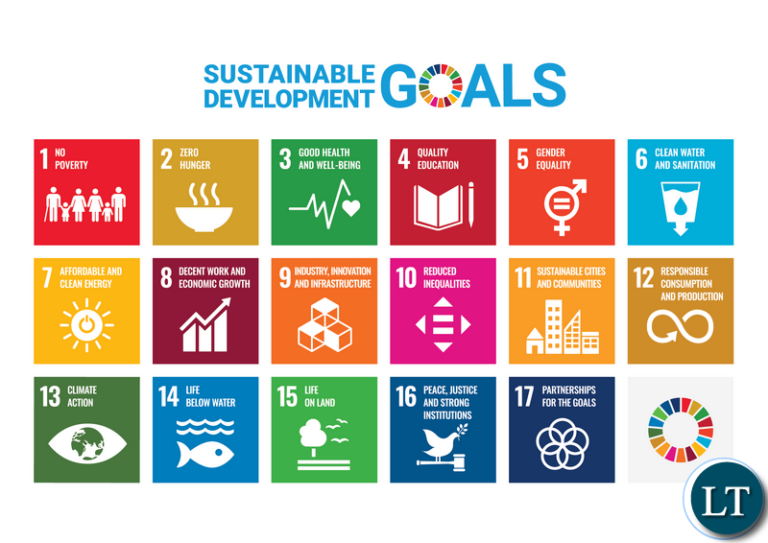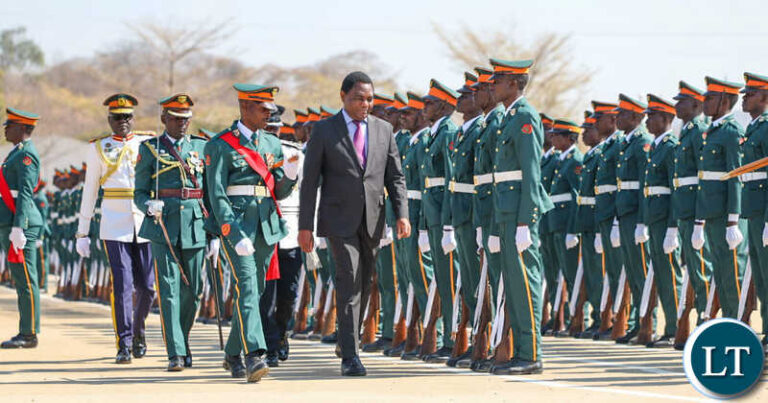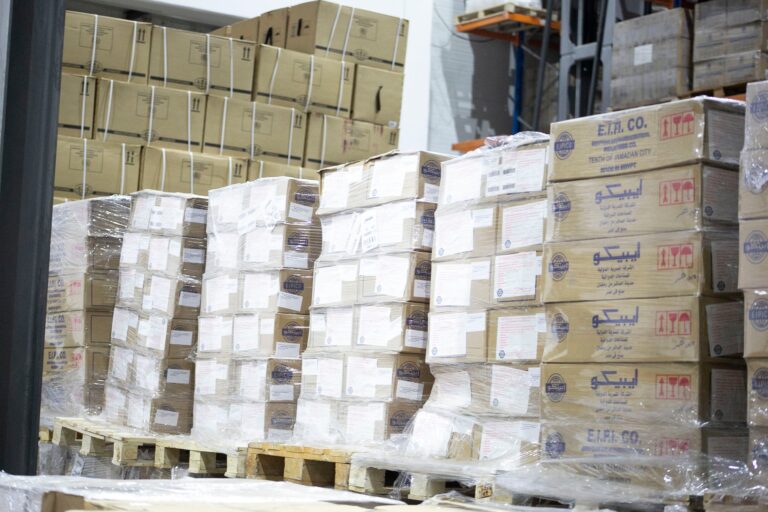By Albert M.Muchanga
At the First the Africa-Caribbean Forum, we met in September, 2022 in Bridgetown Barbados under the tag line: One People One Destiny: Uniting and Reimagining our Future.During that Forum, we had a session on building Africa-Caribbean value chains for exports with an added call for us to imagine a Caribbean-Africa Free Trade Area Agreement.That discussion was coming against a background of the launch of a study by the International Trade Centre entitled: Expanding African-Caribbean Trade.
I have been advised that that study will now be expanded under the title: Tapping into Afri-Caribbean Export Potential through Promoting Value Chains.The first study showed that trade exchanges between the Caribbean and African regions were very low.
They are less than one percent of their respective global totals.The 2022 study also brought out the potentials of trade flows between the two regions.
Travel, transport and business services have huge scope for export growth to Africa by Caribbean countries. On the other hand, Africa has huge scope in agribusiness, fertilizers and health products exports to the Caribbean countries.Against this background, the study further noted that there was potential to increase trade flows between the two regions by as much as 25 percent or US$1.8 billion, within five years, that is, between 2023 and 2028.
However, the initial study noted that there were trade barriers that needed to be overcome in order to expand trade flows between the two regions. Tariffs average around 28 percent in some sectors. There are non-tariff barriers.As the African Export Import Bank and the International Trade Centre prepare to commission the second study, there is an on-going project under the heading: Strengthening Afri-Caribbean Trade and Investment Initiative aimed at mobilizing the private sectors of the two regions to drive the broadening of the commodity composition of the trade exchanges between the two regions which are currently
concentrated in a narrow range of commodities and countries as well as increasing the trade values.
It is also important to point out at this stage that Jamaica has signed Bilateral Investment Treaties with Egypt, Nigeria and Zimbabwe but none of them is in operation.Barbados signed a similar treaty with Mauritius in 2004 and it is in operation. On the other hand, the Bilateral Investment Treaty signed between Barbados and Ghana in 2008 is not yet in force.
At this point, let me also state that at the Bridgetown Forum, a free trade agreement between the two regions was seen as a lever in reducing trade barriers and expanding inter-regional trade.This shows that increasing trade flows between the two regions, even before we enter into a free trade agreement, will require the involvement of Member States through the African Union and the Caribbean Community (CARICOM).
Let me now turn to the issue of an African Caribbean Free Trade Agreement.
It is now two years since the Bridgetown meeting. And the matter is still very much alive as evidenced by the fact that it is a point of interrogation during the on-going meetings of the Annual Meetings of the African Export Bank.This demonstrates that the zeal to move in this direction is there. This should be complemented with pragmatism, courage as well as hard and smart work for us to attain the desired destiny. Equally important, buy-in from all stakeholders is important.
CARICOM is a step ahead as they now move towards a CARICOM Single Market and Economy (CSME).At the bilateral level, it is also important for countries of the Caribbean and African regions to broaden and deepen diplomatic relations among themselves. Attendant to this would be facilitation direct flights between Africa and the Caribbean as well as issuance of visas on arrival as has been the case so far, and ultimately, visa-free travel by the people of the regions.
The issue of payment and settlement, another key pre-requisite is being met through the on-going study on the possible extension of the Pan African Payment and Settlement System, initially developed to facilitate intra-African trade flows under the African Continental Free Trade Area (AfCFTA), to the Caribbean region.
Similarly, the issue of trade finance is being addressed through the extension of the operations of the African Export Bank to the Caribbean region. That we are meeting in the Caribbean reflects the importance and value attached to the shareholding of the Caribbean countries in the African Export Import Bank.
Trade information is also important in developing trade relations between Africa and the Caribbean. We have an African Trade Observatory which has among others, windows on intra African trade and trade between Africa and the rest of the world. In addition, we have the Intra-African Trade Fair.
As stated in 2022, the major issue before us for the two regions to have a free trade agreement is for each of the two regions to have a common external tariff.
As earlier stated, CARICOM is well ahead. It is an economic union with a common external tariff.CARICOM is now working at a higher level of economic integration by developing a Single Market and Economy.
However, the African Union is still at the level of a free trade area through the African Continental Free Trade Area. We are hence not yet an economic union. Over time, we will move to a customs union/common market. In this connection, a readiness assessment towards an African Union/Customs Union has been completed.
We are now taking steps to bring the final draft report of the readiness assessment to senior experts and Ministers responsible for economic integration by November this year and thereafter, present the recommendations to the Assembly of Heads of State and Government in February next year.
Creating an African Customs Union/Common Market would enable the African Union emerge as an economic union with the mandate and capacity to enter into free trade agreements with regional economic integration organizations like CARICOM, the European Union and/or countries.
Removing Technical Barriers to Trade (TBTs) will also be a key component of moving towards an African Caribbean Free Trade Area. On the African side, we will be rolling out in November this year, the Made in Africa Guide. We shall share the guide with the CARICOM secretariat when it is rolled out.
Let me briefly touch on three key issues, which are building blocks on the African side, in positioning ourselves to create a free trade area with the Caribbean region.These are credit rating; a single African currency and high and sustained rates of economic growth.We are working with the African Peer Review Mechanism and the African Development Bank to
perationalise the African Credit Rating Agency.
It will contribute to both the development of a Pan African capital market as well providing second opinions on credit ratings on African economies made by the traditional credit rating agencies. In this way, we shall remove the subjectivity which is currently associated with ratings on African economies by these agencies.
Furthermore, we are working with the European Union, G7 and the Organisation for Economic Cooperation and Development, to establish, before the end of this year, the African Virtual Investment Platform, which, will, among others, develop an information and data base which can contribute to improving Africa’s external credit ratings.I will also add other pertinent issues that can greatly improve Africa’s credit rating and deeper economic integration.
The first one is the macroeconomic convergence criteria under the African Monetary Cooperation Program. Through it, each African country is expected to reach the following benchmarks of moving towards macroeconomic convergence: maximum threshold of seven percent inflation; overall deficit of five percent of Gross Domestic Product; Less than five percent Central Bank credit to government; a minimum of three months import cover as a ratio of external reserves; and, government debt not
exceeding 65 percent of each country’s gross domestic product.
With these reforms, African countries can emerge stronger. As part of the process of macroeconomic convergence, we are in the process of creating an African Monetary Institute to oversee implementation of the macroeconomic convergence criteria. Once converge is attained, the African Monetary Institute will transform into the African Central Bank and one of its primary tasks will be to design and operate an African single currency. This will greatly increase Intra African trade and reduce risk premiums in credit ratings.
The second one is high and sustained economic growth. We are collaborating with the African Development Bank and AUDA-NEPAD on drafting a strategic framework on key actions to achieve inclusive growth and sustainable development in Africa. The strategic focus, as Professor Jeffrey Sachs pointed recently will be to position African countries attain and sustain seven to 10 percent annual growth rates over a period of 40-50 years as well as increase investments as a proportion of GDP.
As part of this study, there will be a continental econometric framework as well as country specific strategic frameworks for those countries that will request them.A growing and converging African economy will be well positioned to move towards establishing an African Caribbean Free Trade Area.
Development is a Do It Yourself process (DIY). It is in this respect right to see a free trade agreement
between our two regions as a pathway to self-determination.
Against this background, our governments, private sectors, financial institutions, women, youth,academia, labour, civil society and even ordinary citizens have the collective task of leveraging trade as an engine of the inclusive growth and sustainable development of our two regions.
The author is African Union Commissioner for Economic Development Trade Tourism Industry and Minerals



